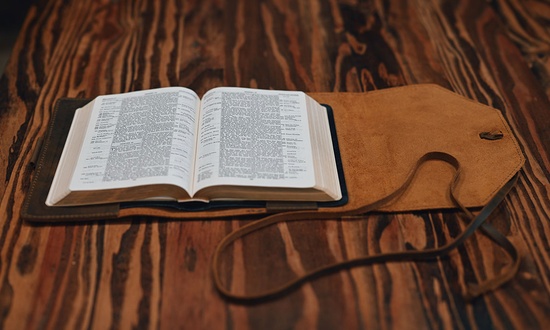When I really love a book, I tend to either read it quickly or slowly. In the case of Dane Ortlund’s excellent Gentle and Lowly: The Heart of Christ for Sinners and Sufferers, I have been reading it very slowly. I’ve spent multiple days reading some of the chapters because I find the book so rich and nourishing and worthy of contemplation. I find I’ve underlined most sentences on a number of pages!
I would highly recommend this book to any follower of Jesus. Here’s one of many small portions I have appreciated:
…to those who do belong to (Christ], sins evoke holy longing, holy love, holy tenderness. In the key text on divine holiness (Isa. 6:1-8), that holiness (6:3) flows naturally and immediately into forgiveness and mercy (6:7).
Here is how Goodwin explains it as he brings to a close his book The Heart of Christ with a series of concluding applications. Reflecting on the “consolations and encouragements” that are ours in light of Christ himself feeling pain in our own sins and sufferings, he writes:
There is comfort concerning such infirmities, in that your very sins move him to pity more than to anger… For he suffers with us under our infirmities, and by infirmities are meant sins, as well as other miseries… Christ takes part with you, and is so far from being provoked against you, as all his anger is turned upon your sin to ruin it; yes, his pity is increased the more toward you, even as the heart of a father is to a child that has some loathsome disease, or as one is to a member of his body that has leprosy, he hates not the member, for it is his flesh, but the disease, and that provokes him to pity the part affected the more. What shall not make for us, when our sins, that are both against Christ and us, shall be turned as motives to him to pity us the more?
The greater the misery is, the more is the pity when the party is beloved. Now of all miseries, sin is the greatest; and while you look at it as such, Christ will look upon it as such also. And he, loving your persons, and hating only the sin, his hatred shall all fall, and that only upon the sin, to free you of it by its ruin and destruction, but his affections shall be the more drawn out to you; and this as much when you lie under sin as under any other affliction. Therefore fear not.
What is Goodwin saying here?
If you are part of Christ’s own body, your sins evoke his deepest heart, his compassion and pity. He “takes part with you”—that is, he’s on your side. He sides with you against your sin, not against you because of your sin. He hates sin. But he loves you. We understand this, says Goodwin, when we consider the hatred a father has against a terrible disease afflicting his child—the father hates the disease while loving the child. Indeed, at some level the presence of the disease draws out his heart to his child all the more.
This is not to ignore the disciplinary side of Christ’s care for his people. The Bible clearly teaches that our sins draw forth the discipline of Christ (e.g., Heb. 12:1-11). He would not truly love us if that were not true. But even this is a reflection of his great heart for us. When a body part has been injured, it requires the pain and labor of physical therapy. But that physical therapy is not punitive; it is intended to bring healing. It is out of care for that limb that the physical therapy is assigned.
Photo by Amy Humphries on Unsplash




